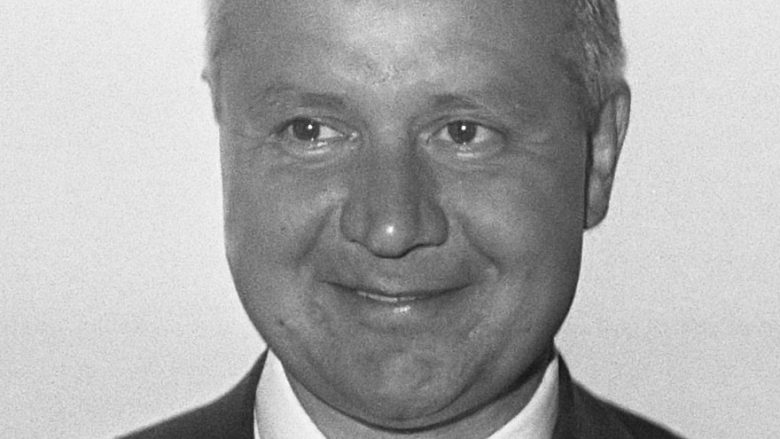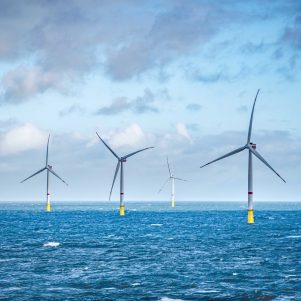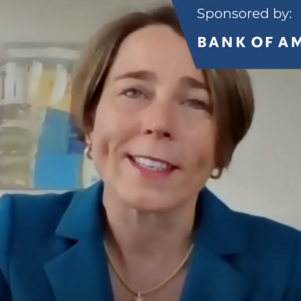Former U.S. diplomat recalls escaping Castro
By Stephen Beale | December 7, 2016, 7:44 EST
 J. William Middendorf, Courtesy of Wikipedia
J. William Middendorf, Courtesy of Wikipedia For many Americans, Fidel Castro is a feared figure who brought the United States as close as it’s even been to the brink of nuclear war. But few have had as close a brush with the wrath of the former communist leader as former Ambassador J. William Middendorf.
In the 1950s, Middendorf was a junior partner at Wood, Struthers and Company, a Wall Street investment firm that had tasked him with overseeing a new venture that converted the discarded stalks from harvested sugar cane into hardboard. Sometime in the mid to late 1950s, he traveled to Camagüey—a province far southeast from the capital of Havana—to inspect the factory where the wood was made.
The factory supplied its product to the Caribbean and employed 400 people.
“It was thriving,” Middendorf said in an interview this week with the NewBostonPost.
One night, an explosion rocked the building next door to where he was staying.
“It was suggested that I better leave pretty fast,” Middendorf said, recalling a warning he received from the manager of the plant.
That advice was heeded. “I didn’t hang out long enough to find out what the hell was going one,” he said.
He took the next flight out of the local airport. Unbeknownst to Middendorf, Castro’s revolutionary forces had apparently chased his plane as it took off from the runway. “I thought it was a very comfortable flight,” he said.
It was only when he landed in Havana that he realized how close he had come to danger: several bullet holes had punctured the fuselage. It was then that Middendorf was informed that there was a guerilla named Castro who had been operating in the hills near his plant.
“I had no idea who Castro was, of course,” Middendorf said.
Though Middendorf had escaped unscathed, his business venture did not.
“Later, Mr. Castro confiscated our plant and dismantled it,” Middendorf said. “They didn’t know how to operate it apparently.”
Middendorf knows that because his firm received a letter from an engineer who was working for the communist government. The letter went unanswered.
The firm lost its entire $5 million investment in the project—equivalent to about $44.4 million today.
In his memoir, Potomac Fever: A Memoir of Politics and Public Service, Middendorf notes that it was his decision to set up the operation in Cuba. Ironically, he says the country was chosen over other possible sites because it has “the most stable” currency in the region.
Middendorf, now 92 and living in Little Compton, Rhode Island, said he had one response to the news that Castro had died: “Where’s my cash?” He believes he is probably the only surviving partner of his firm who had invested in the hardboard company, called Cubana Primadera. But he says there were many shareholders who lost money too.
Ideally, he says they would all be compensated one day, but Middendorf is not holding out too much hope for such a prospect. “The word ‘hope’ is not used by realists,” he said.
In the late 1950s, Castro was the darling of many in the U.S. media. Herbert Matthews, a writer for the New York Times, championed his cause and Ed Sullivan declared him the George Washington of Cuba, according to Middendorf.
“Had anyone asked, I could have dispelled those notions,” Middendorf remarks in his memoir.
But it wasn’t his close encounter with Castro that turned him into a firm anti-communist.
Middendorf had already run into plenty of communists when he arrived as an undergraduate at Harvard University in 1943, where many of his classmates joined the John Reed Society—what Middendorf describes as essentially a communist organization. Middendorf was not interested.
Instead, he developed a growing attraction to free-market economics. At Harvard, he took a graduate seminar under Joseph Schumpeter, the great twentieth century economist credited with coining the phrase ‘creative destruction.’ He went on to study under Ludwig von Mises, one of the founders of the Austrian the school of economics that is popular with libertarians.
Middendorf put those ideas into action, becoming a success on Wall Street. Then he decided to get into public service. “I had learned how to make money. I wanted to learn how to make a difference,” he says in his memoir.
Middendorf became active in politics, serving as the treasurer for conservative hero Barry Goldwater’s quixotic campaign for president in 1964. He later published his inside account of the campaign and how it led to the founding of the modern conservative movement in his 2006 book, A Glorious Disaster: Barry Goldwater’s Presidential Campaign and the Origins of the Conservative Movement.
Middendorf later served as the Secretary of the Navy from 1974 to 1977. When Reagan was elected in 1980, he tapped him to be ambassador to the Organization of American States, where he took his fight for free markets to an international stage.
“I felt like a fox in a chicken coop, getting into a branch of government where I could push my own ideas forward—and get paid for it,” Middendorf writes in his memoir. “During my tour, I visited thirty-one of the OAS member countries at least four times each, to push for privatization of industry, free markets, encouragement of private property rights, sanctity of contracts, and a stable independent judiciary to ensure all—keys to working democracies, and our goal.”
Cuba, he notes, was not a member of the OAS, though it was “wielding inordinate influence throughout much of the region.”
In 2006, after an illness, Castro’s brother Raul took the reins of power as acting president. In 2008 he was formally declared president. Since then with President Obama in office, the relations between Cuba and the United States have started to thaw. But President-elect Trump has threatened to upend all that unless Cuban officials can agree to a better deal between the two countries.
Middendorf does not know what the future holds for the relationship between the United States and Cuba. But he is deeply skeptical there can be any real progress without a change in the form of government in Cuba. “I don’t trust the communists in an inch,” he said.











